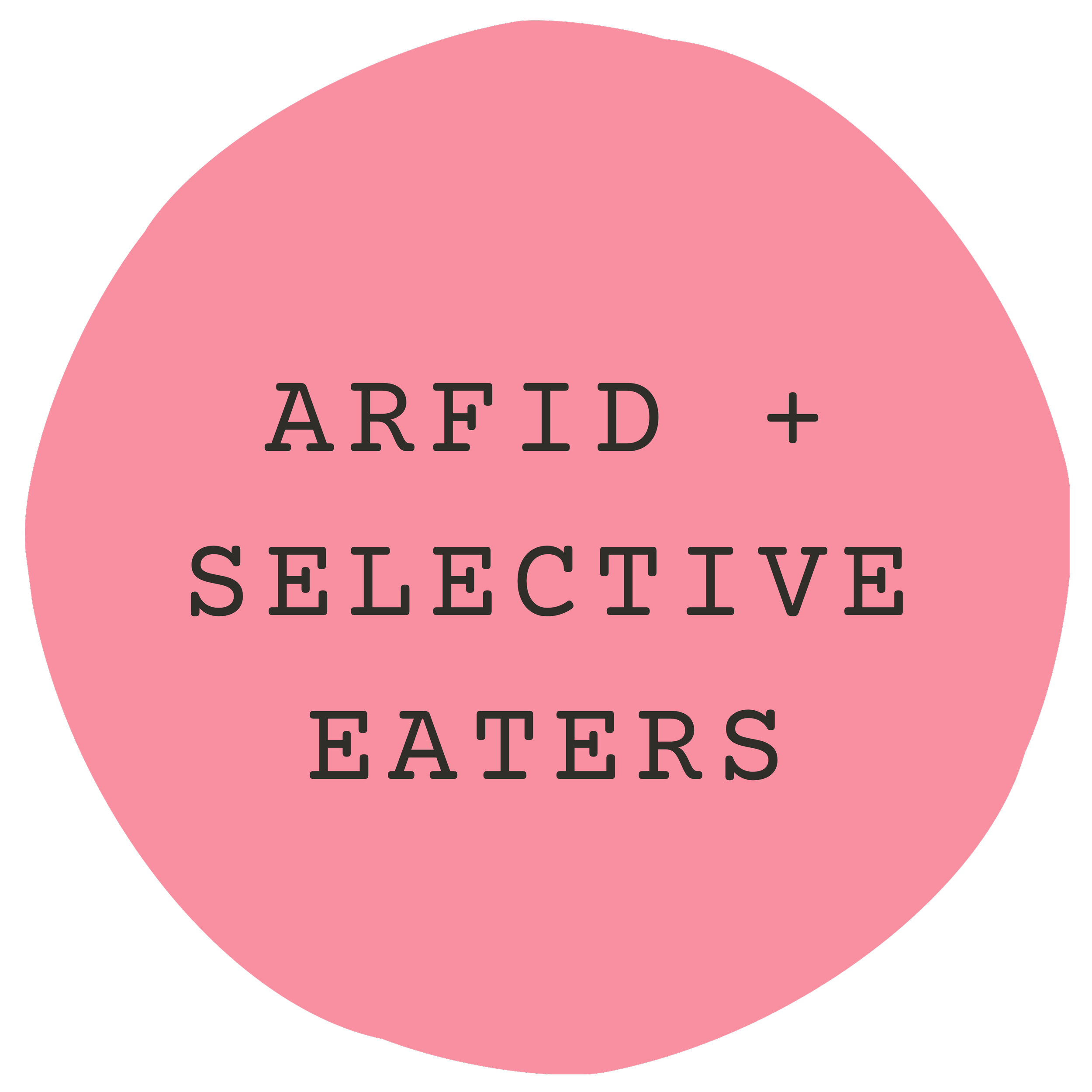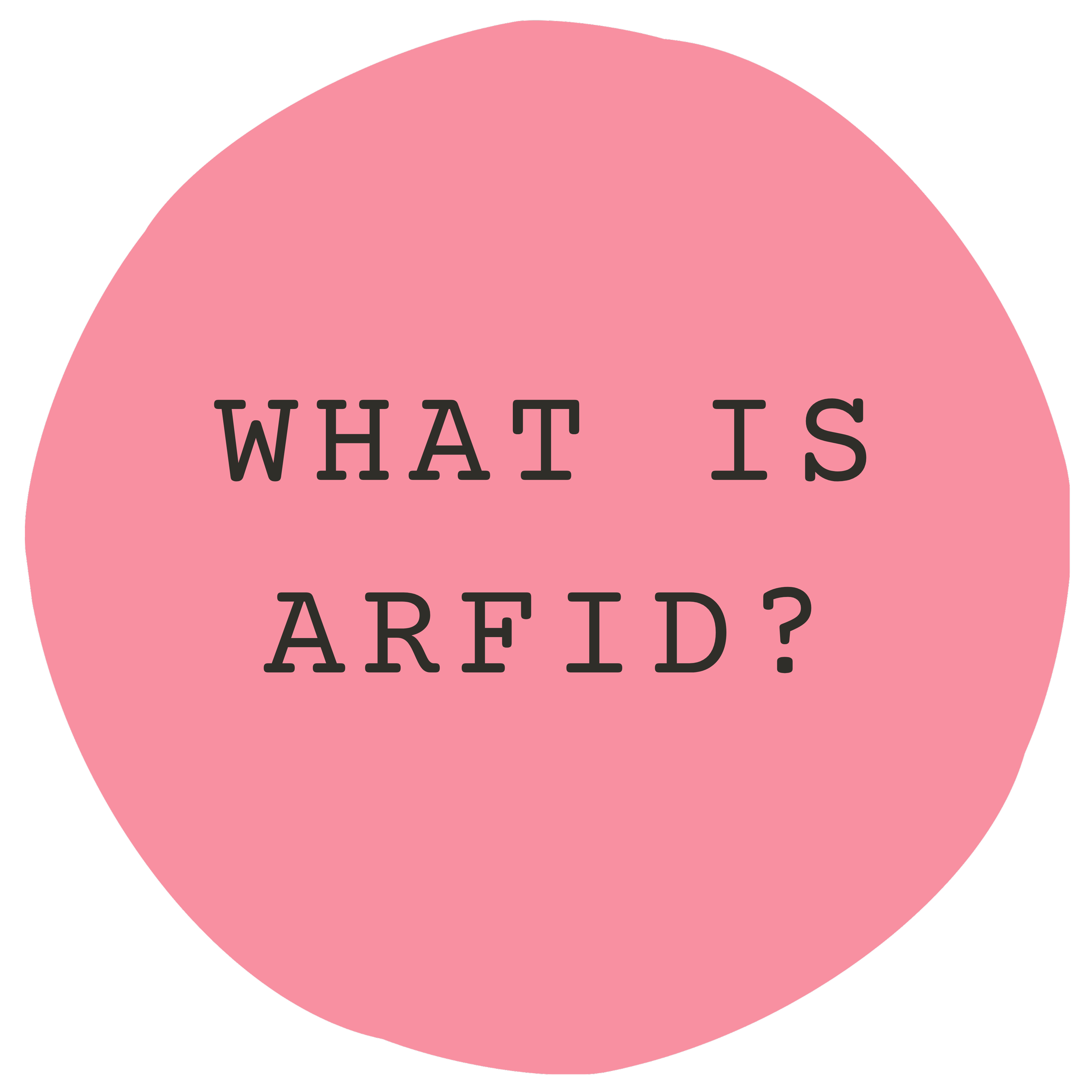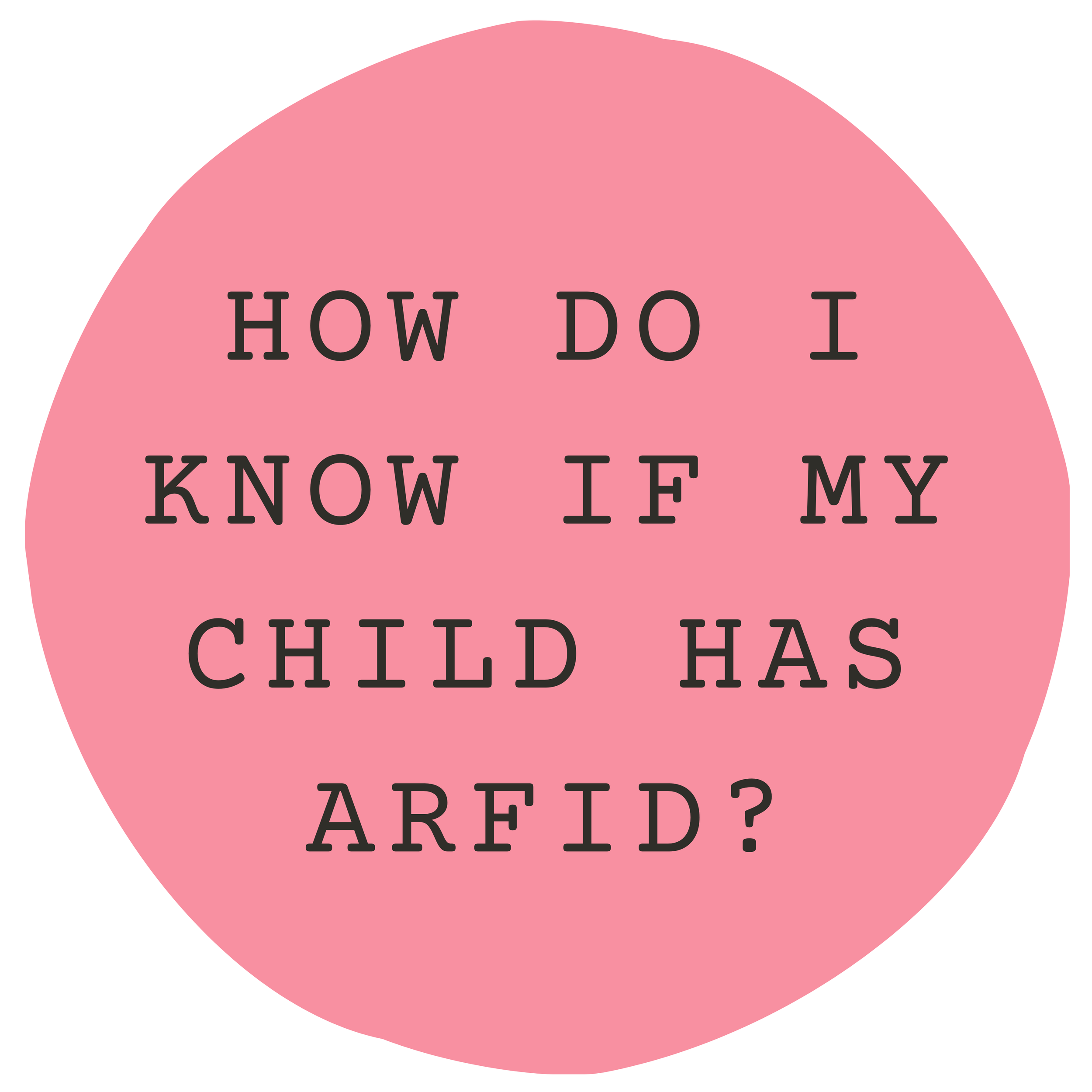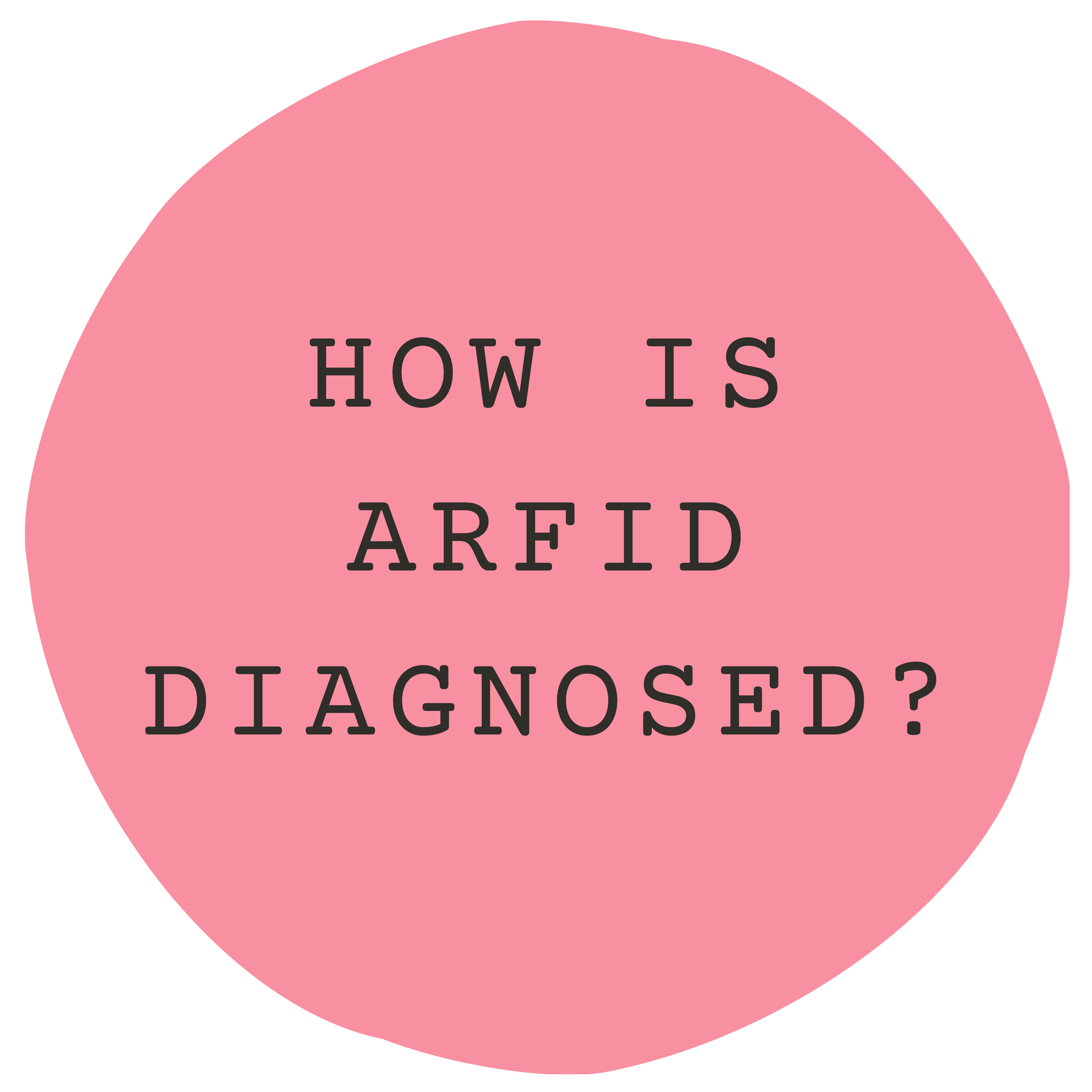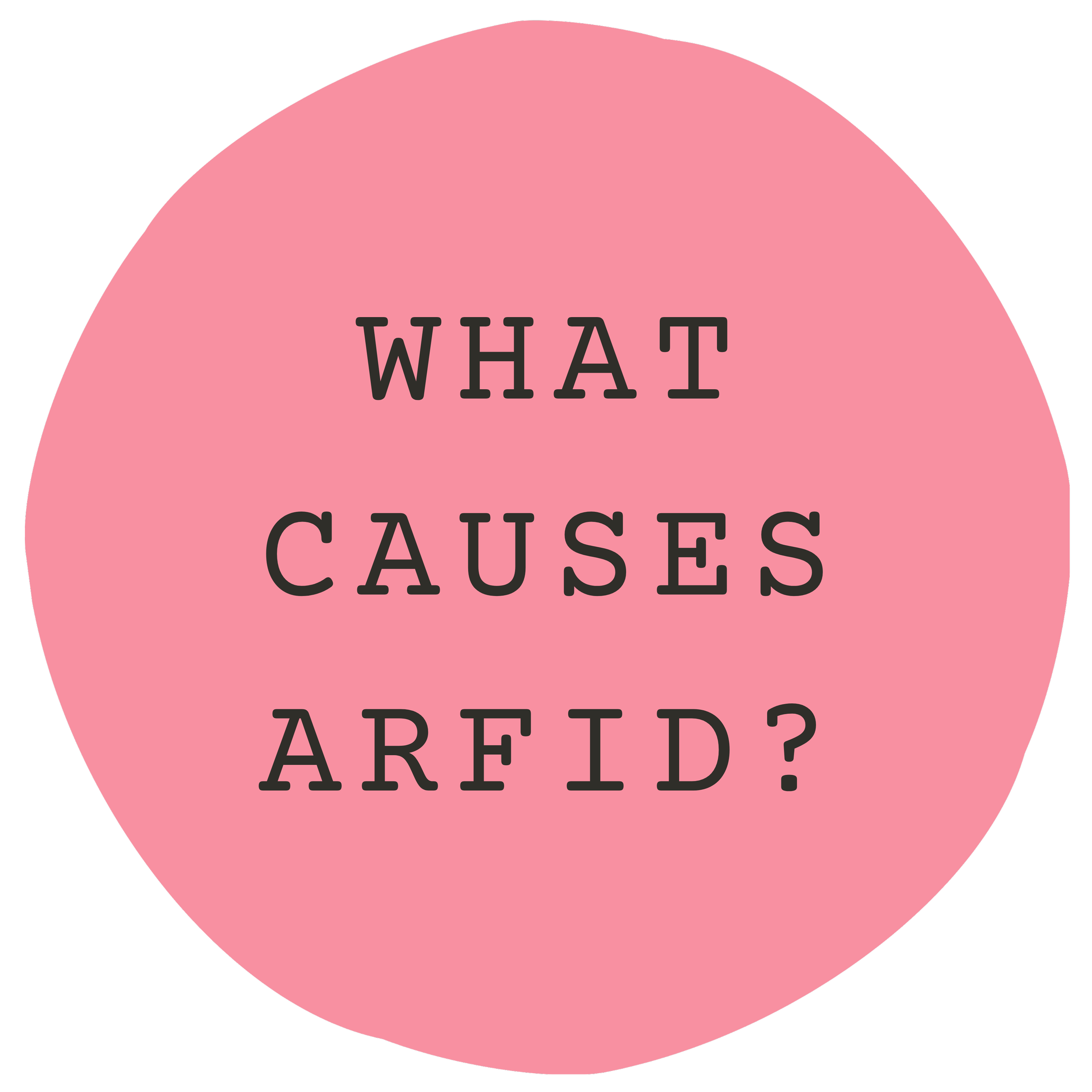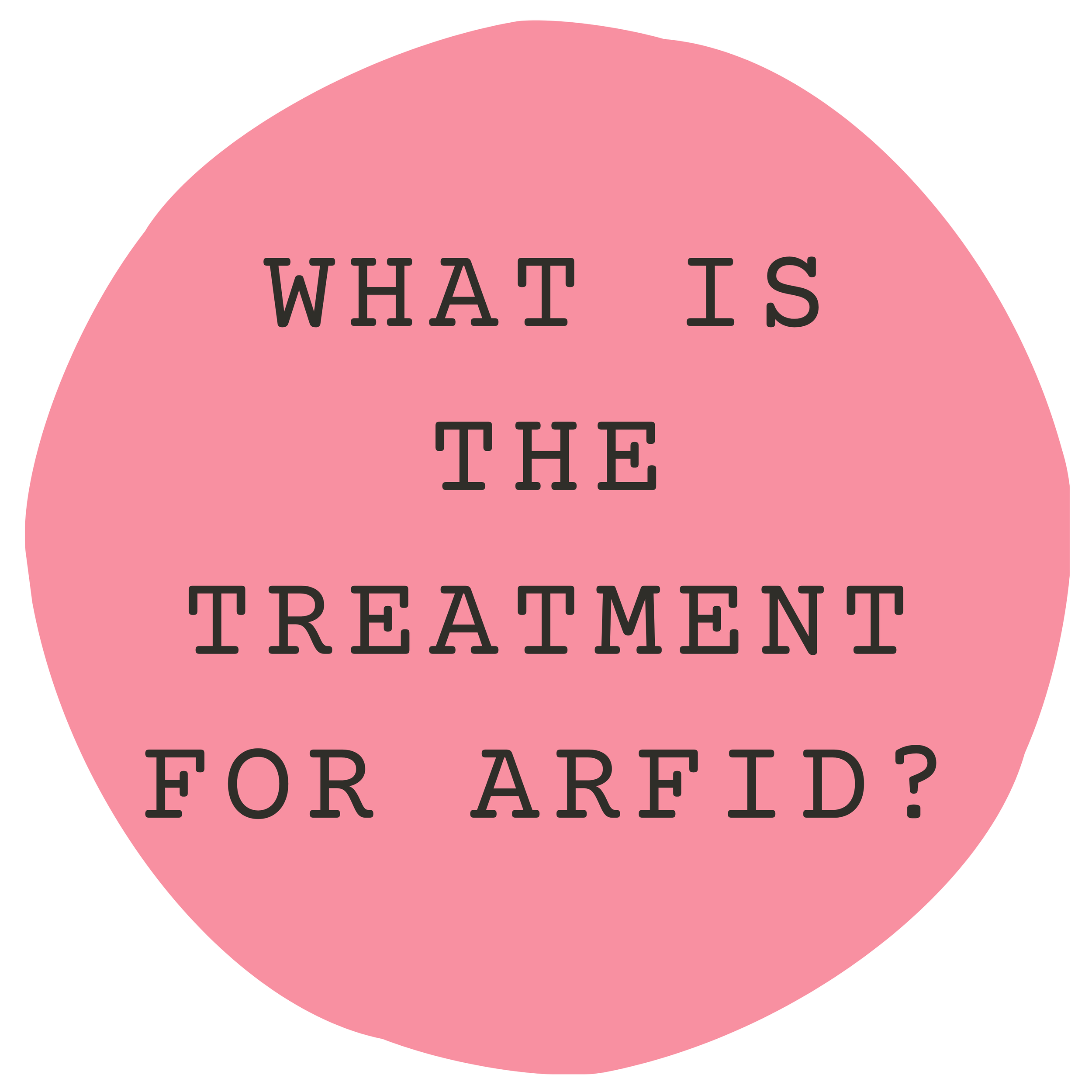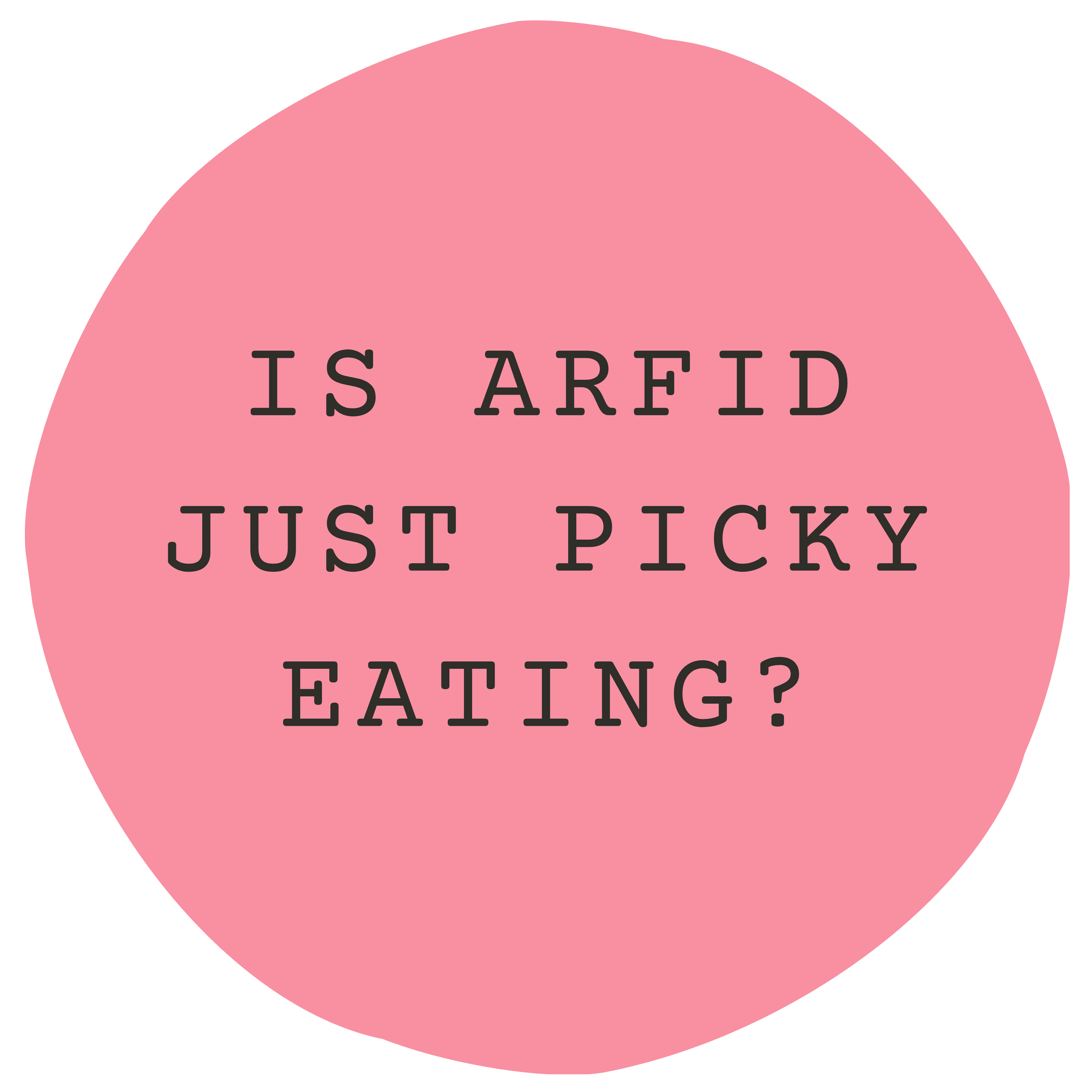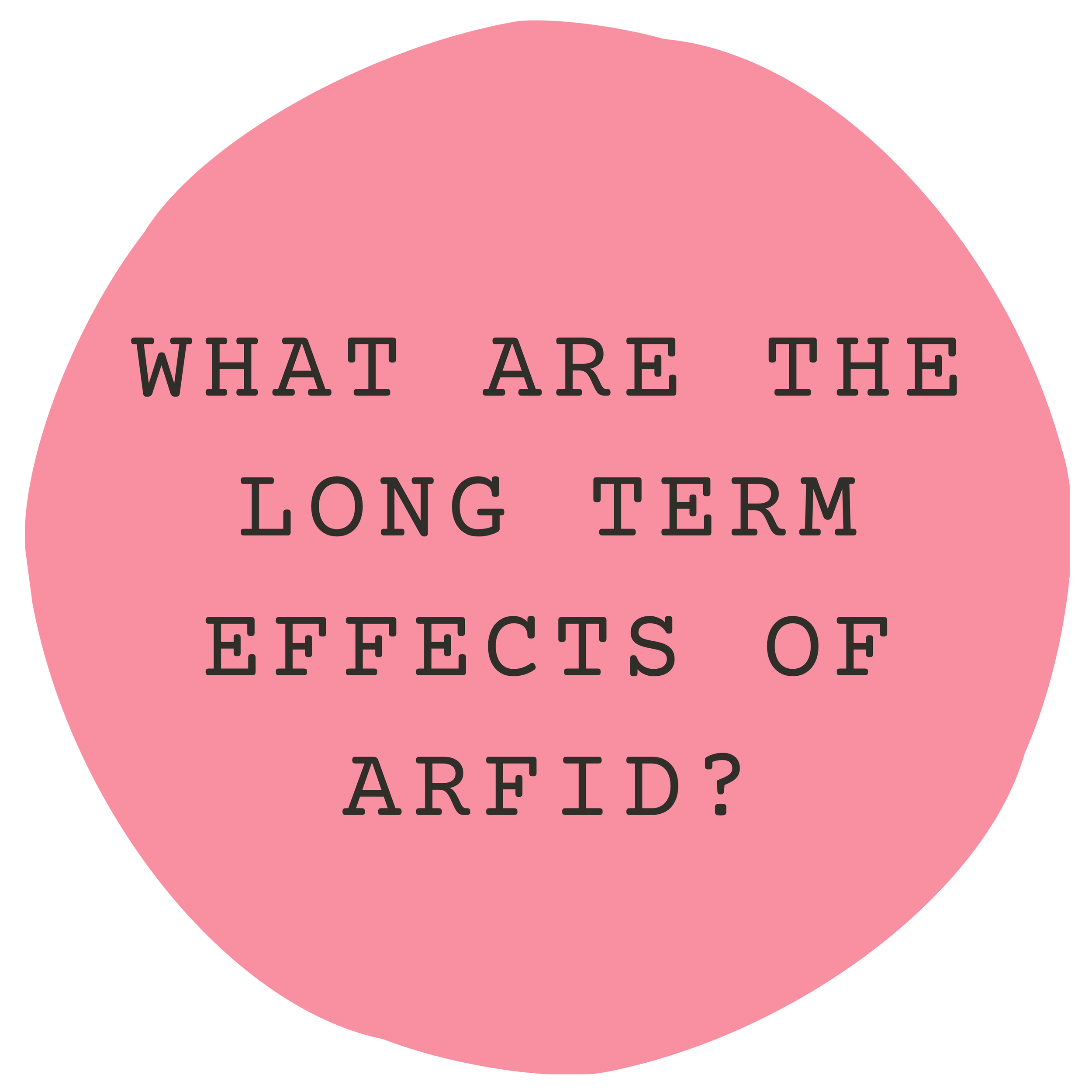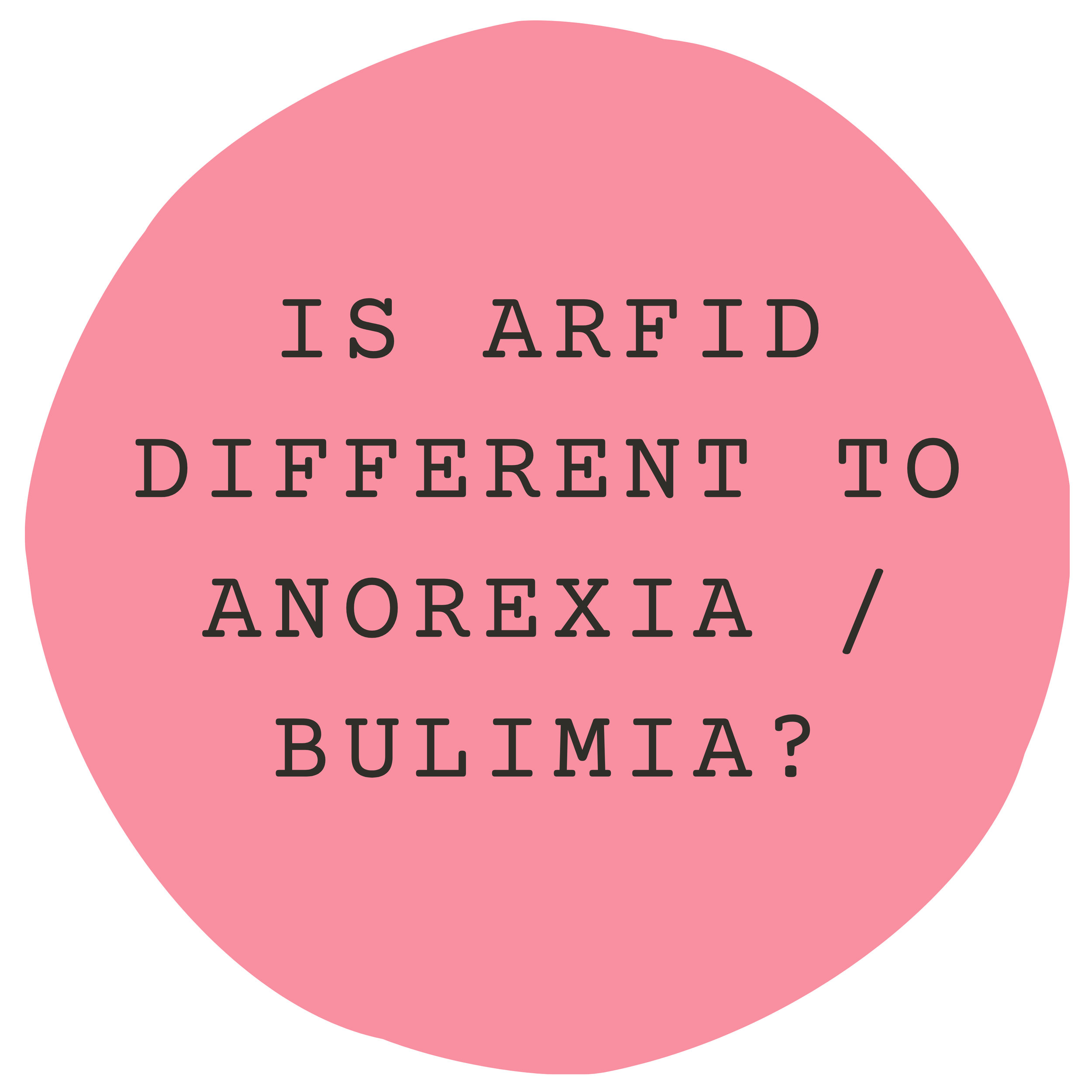HELLO
If your child is struggling with severe selective eating with or without a diagnosis of ARFID (Avoidant/Restrictive Food Intake Disorder) you are not alone. This feeding disorder is a diagnosis on the rise in the UK.
ARFID is more than just ‘picky eating’ – it’s a recognised DSM-5 criteria eating disorder that can cause growth issues, nutritional deficiencies, and daily stress for families going through it. However, ARFID is often under recognised and under diagnosed, and there are limited local services to support children where ARFID is suspected.
WHAT IS ARFID?
ARFID (Avoidant/Restrictive Food Intake Disorder) is a recognised feeding and eating disorder characterised by either a lack of interest in food, or avoidance of food based on sensory characteristics, or concern about aversive consequences – and not due to body image concerns.
Children with ARFID eat an extremely limited variety of foods. For example a child with ARFID might only eat 5-10 specific foods, sometimes less. They may be brand specific, or only like specific textures like dry or crunch foods. As a result, children with ARFID are at risk of poor growth, nutritional deficiencies and may rely on nutritional supplements to meet their nutritional needs. The disorder can have a marked impact on day-to-day activities for the child and psychosocial functioning.
ARFID is a DSM-5 criteria-based diagnosis, meaning it is considered a mental health disorder.
Read more about ARFID here
HOW A DIETITIAN CAN HELP A CHILD WITH ARFID
I’m Christina Hills, a HCPC-registered Paediatric Dietitian with over 10 years’ NHS experience and a specialist interest in ARFID, restrictive eating, and feeding challenges. Through my private practice at The Happy Feeding Company, I provide tailored support for children and teens with ARFID and their families.
Whether your child’s eating difficulties are linked to sensory sensitivities, anxiety, autism, or other medical or neuro-development challenges, I’ll work alongside you to create and evidence-based feeding plan that helps your child to meet their nutritional and developmental needs.
WHAT HAPPENS IN A 1:1 WITH A DIETITIAN
ASSESSMENT
A detailed diet assessment of your child’s nutritional intake- identifying key nutrients your child may be missing- will be performed. I’ll also assess weight + height, and plot growth on the appropriate child growth charts.
PRACTICAL PLAN
I’ll create a practical and evidence-based diet plan to support your child’s growth, development and concentration. Realistic, achievable goals will be set to help your child gradually expand their diet- without pressure or overwhelm
NUTRITION
A written nutritional plan and supplement plan to bridge any gaps will be created - whilst gently working towards expanding diet over time.
WHAT ELSE A DIETITIAN CAN HELP WITH
FURTHER ASSESSMENT
Recommendations for any required nutritional bloods such as iron, zinc, vitamin A and C, vitamin D, folic acid, and vitamin B12. A letter to your GP to recommend a referral to a paediatrician or other specialist service if required.
STRATEGIES
Realistic, sensory-aware goals to create a structured mealtime routine and help gradually expand diet- without pressure or overwhelm
ADVOCATE
Other services include liaising with nursery key workers, schools, occupational therapists, catering departments to support the dietary needs of the child.
WHAT MIGHT A SUPPLEMENT PLAN CONSIST OF
Every child’s needs are different, which is why I create individualised plans that may include a combination of:
️ Single nutrient supplements (e.g. iron, vitamin D, omega-3)
️ Multivitamin + mineral supplements
️ Protein supplements
️ Energy supplements
️ Specific food supplements
“I had been searching for the right dietitian to support my 2.5-year-old son with his sensory challenges around food, and I couldn’t be happier to have found Christina. From our very first appointment, she made me feel reassured and understood. Christina’s warm and friendly approach, combined with her extensive knowledge, gave me the confidence that we could tackle this journey together.”
“You are such an amazing dietitian! You were very kind during our correspondence and online meeting, taking the time to listen and making sure you got things right by asking questions. You understood the problem and more importantly, you were kind enough to provide an urgent meeting for us to speak asap, due to the nature of our situation. Thank you for going above and beyond, it was truly appreciated!”
BOOK A 1:1
-
During your consultation, I will provide expert advice, guidance, and support to help you feel more confident right away. In addition, you’ll receive a full written report* after the consultation has finished which will contain personalised nutritional recommendations and an agreed action plan. This ensures you have a clear reference to revisit whenever you need, allowing you to absorb the information at your own pace.
*This will include any recommendations for further investigations, blood tests or specialist care if I feel they are needed
-
A new consultation is 45-minutes long and includes 2 weeks of email support following the session!
A follow-up is 30 minutes long
-
Initial consultations are online (over zoom), with follow-ups online/phone or in person depending on the location. I work locally in Bucks, Beds and some areas of North + central London.
-
First consultation: £110
~45 minutes, plus two weeks of email support
Follow-up: £95
~30 minutes, plus one week of email support following the session
WHY WORK WITH ME
With 10+ years of experience in both the NHS and private practice, I have supported hundreds of children with sensory challenges around food including those with a formal diagnosis of ARFID. I have worked closely with occupational therapists and speech therapists, including co-running a joint NHS clinic with a Speech Therapist and Occupational Therapist for babies and children with feeding disorders.
If you’re looking for expert guidance on nutrient gaps, supplementation, and diet expansion, book a consultation with me today and let’s create a practical, tailored plan to support your child’s nutrition, growth and well-being
BOOK AN APPOINTMENT
Book a 1:1 appointment in my virtual clinic NOW + take control of your baby or child’s’ feeding! If you cannot find a suitable date or time please contact me - and I will do my best to fit you in!
FAQS: ARFID IN CHILDREN
WHAT IS ARFID?
ARFID (Avoidant/Restrictive Food Intake Disorder) is a recognised feeding and eating disorder characterised by either a lack of interest in food, or avoidance of food based on sensory characteristics, or concern about aversive consequences – and not due to body image concerns.
Children with ARFID eat an extremely limited variety of foods. For example a child with ARFID might only eat 5-10 specific foods, sometimes less. They may be brand specific, or only like specific textures like dry or crunch foods. As a result, children with ARFID are at risk of poor growth, nutritional deficiencies and may rely on nutritional supplements to meet their nutritional needs. The disorder can have a marked impact on day-to-day activities for the child and psychosocial functioning.
ARFID is a DSM-5 criteria-based diagnosis, meaning it is considered a mental health disorder.
HOW DO I KNOW IF MY CHILD HAS ARFID?
If you suspect your child or someone you know has ARFID, it is important to seek help as soon as possible. Here are some things to look for to help build a picture of someone who might have ARFID:
Eating an EXTREMELY limited diet (often only a handful of “safe” foods)
Avoidance of whole food groups or foods based on texture (e.g. only eating dry or crunchy foods)
Sensitivity to aspects of food like temperature and smell
Gagging or retching at the smell or sight of non-preferred foods
Difficulty being in the presence of another person eating a non-”safe“ or non-preferred food
Lack of interest in eating or missing meals completely
Unable to eat at social events or in nursery/school settings
Struggling to stay at a table during family mealtimes
Needing supplements to meet nutritional needs
Stunted growth in children (not growing in height as expected)
Weight loss or faltering growth
Severe lack of energy as a result of undernutrition
It is important to note that not all children with ARFID are underweight – some may be overweight despite a limited diet and significant micronutrient deficiencies.
HOW IS ARFID DIAGNOSED?
Only a medical professional, often a clinical psychologist, can confirm a diagnosis of ARFID. If you’re concerned about your child (or yourself), it’s important to seek treatment as soon as possible to minimise family anxiety, reduce mealtime stress, and ensure adequate dietary intake.
WHAT CAUSES ARFID?
ARFID’s causes are multi-factorial – both genetics and environmental factors can contribute. Common underlying drivers include sensory sensitivities, anxiety around food, and neurodevelopmental differences (such as autism, ADHD, or OCD).
WHAT IS THE TREATMENT FOR ARFID?
Treatment is multidimensional and personalised. It includes support from an ARFID dietitian to manage growth and optimise nutrition.
“The clinical manifestations of ARFID may result in impaired nutritional status, as indicated by insufficient weight gain, low body weight, growth deficits, and malnutrition. Addressing these complications is of utmost therapeutic importance and should be initiated promptly.” Fonseca et al 2024
Common challenges include- malnutrition, nutrient deficiencies, and psychosocial impairment resulting from restrictive eating behaviours.
In the early stages of treatment, it is often not appropriate or possible to change the “safe foods” consumed for healthier options. A child with ARFID will often choose hunger rather than eat a non-safe food. Recognising and respecting safe foods is a critical part of therapy and should be accepted by families, nurseries, and schools.
A dietitian will look at the “safe” foods accepted and pay attention to the nutrients at risk, and target those as a priority through supplementation, and in the longer term expanding the accepted list of safe foods. For example: when restricting protein foods like meat and legumes, you would want to pay attention to the intake of Protein, B12, Iron, Selenium and Zinc, amongst others.
Occupational therapy, behavioural therapies (like CBT), and psychological support can also be important parts of treatment.
WHAT SUPPLEMENTS ARE BEST FOR ARFID?
Supplements are tailored individually, often focusing on nutrients commonly deficient in ARFID: iron, folic acid, vitamins A, B12, C and D, calcium, zinc, and selenium.
In severe cases, tube feeding may be required temporarily. All supplements should be guided by a dietitian or nutrition professional following an individual assessment.
IS ARFID JUST PICKY EATING?
No – ARFID is much more severe. It can cause nutritional, developmental, and emotional consequences, not just food preferences. The management of ARFID is very different from supporting a child who is a developmentally typical “picky” or selective eater.
WHAT ARE THE LONG TERM EFFECTS OF ARFID?
If left untreated, ARFID can lead to chronic nutritional deficiencies, poor growth, weakened bones, social isolation, anxiety, and significant impact on quality of life. Early intervention is key.
IS ARFID DIFFERENT TO ANOREXIA OR BULIMIA?
Yes. Unlike anorexia or bulimia, ARFID is not driven by weight, body shape, or body image concerns. It may co-occur with other conditions, but the root causes lie in sensory sensitivities, fear-based avoidance, or appetite-related issues.
CONTACT ME
Get in touch to book an appointment in my clinic. Take control of your baby or childs’ feeding now!
Contact me if you have any questions or want to know more about how I can help or an upcoming event!
I will get back to you as soon as I can, usually within 48 working hours. Please check your spam/junk folder!

